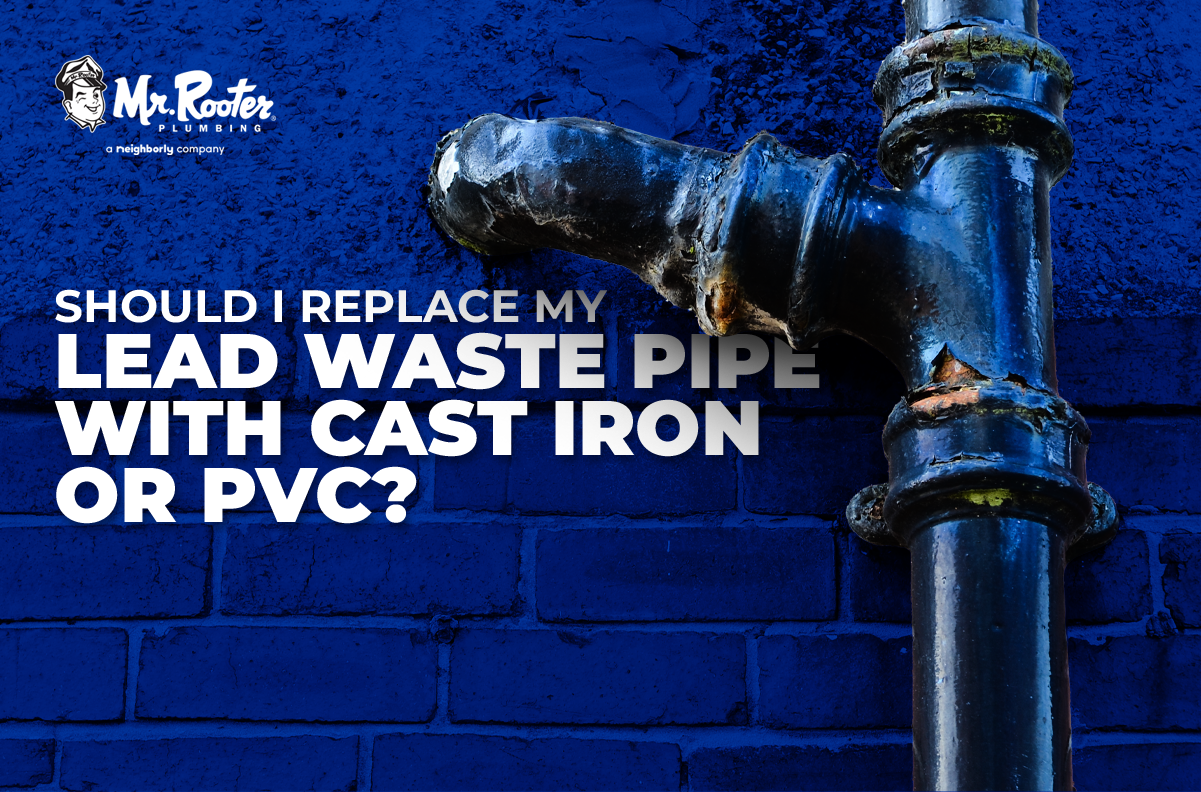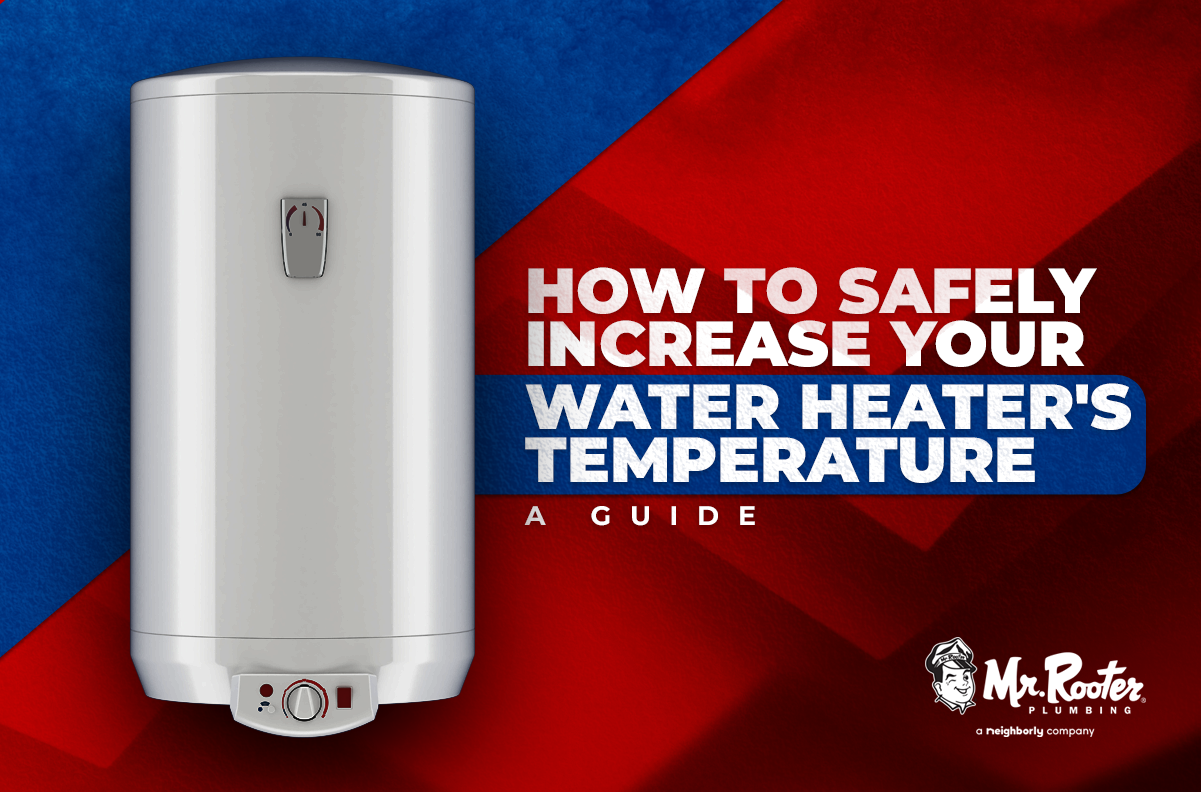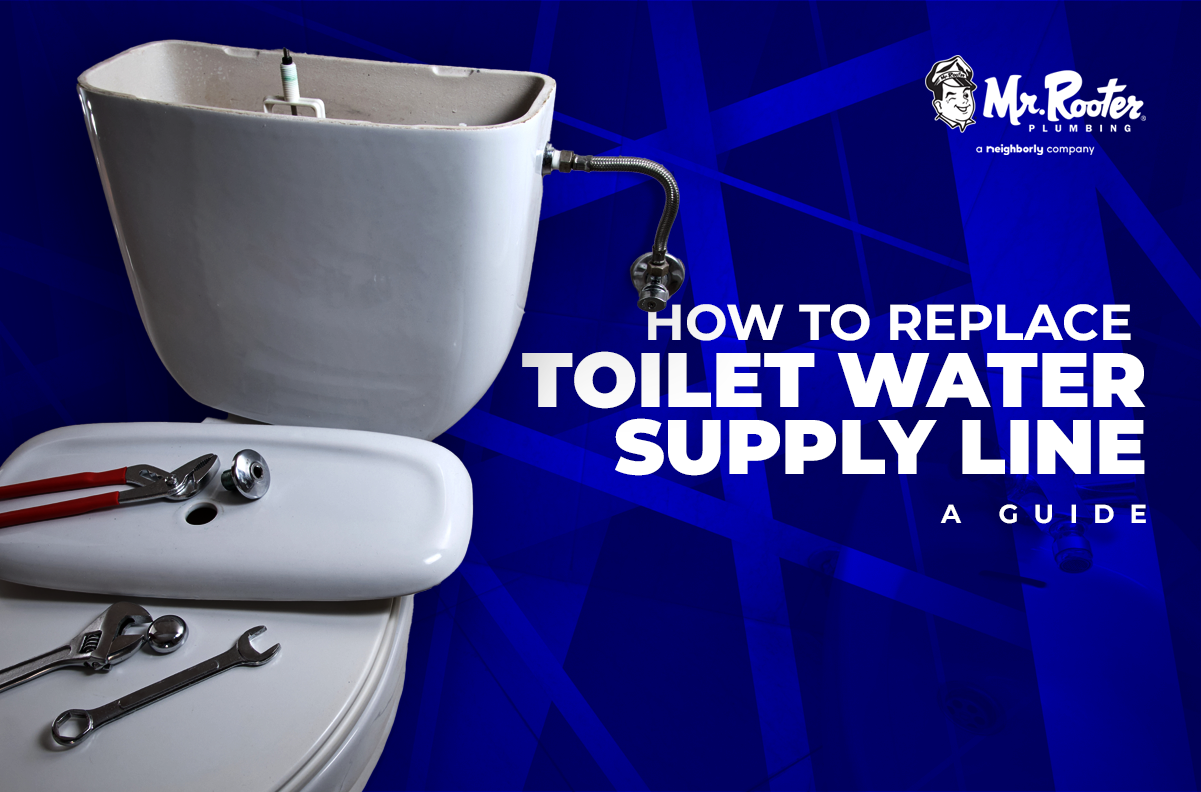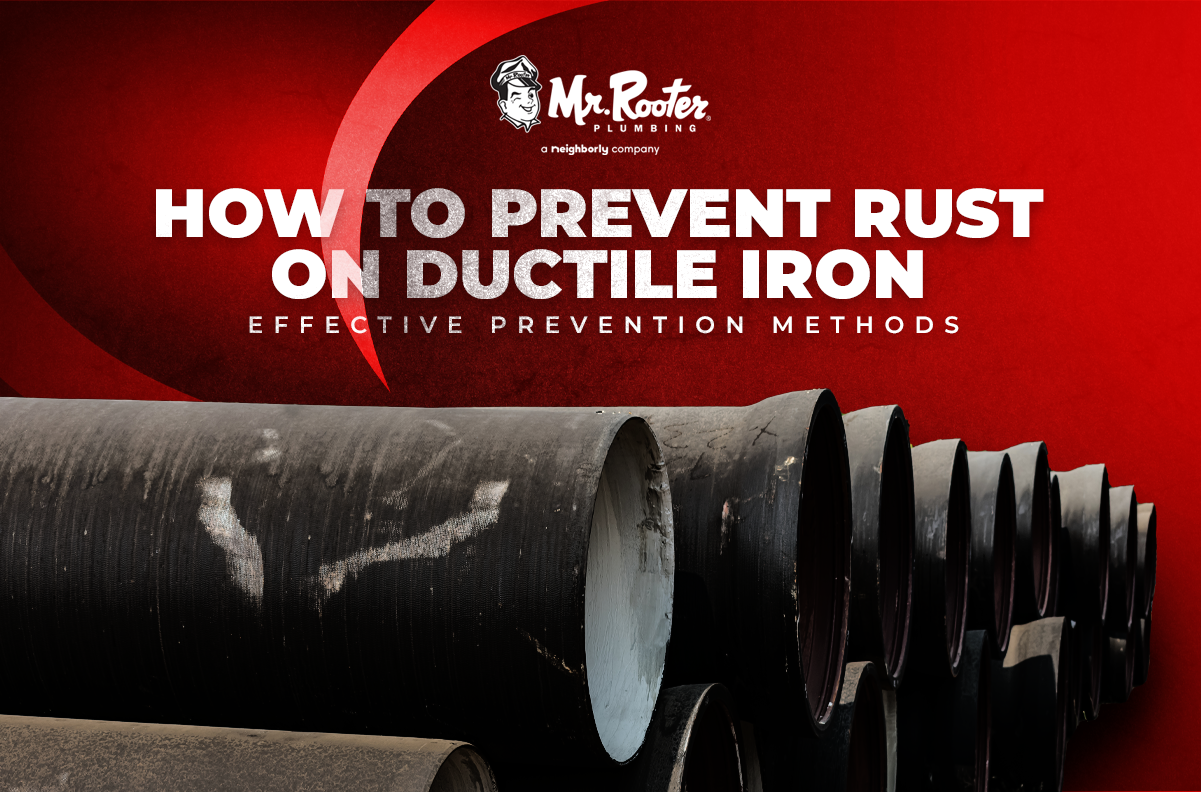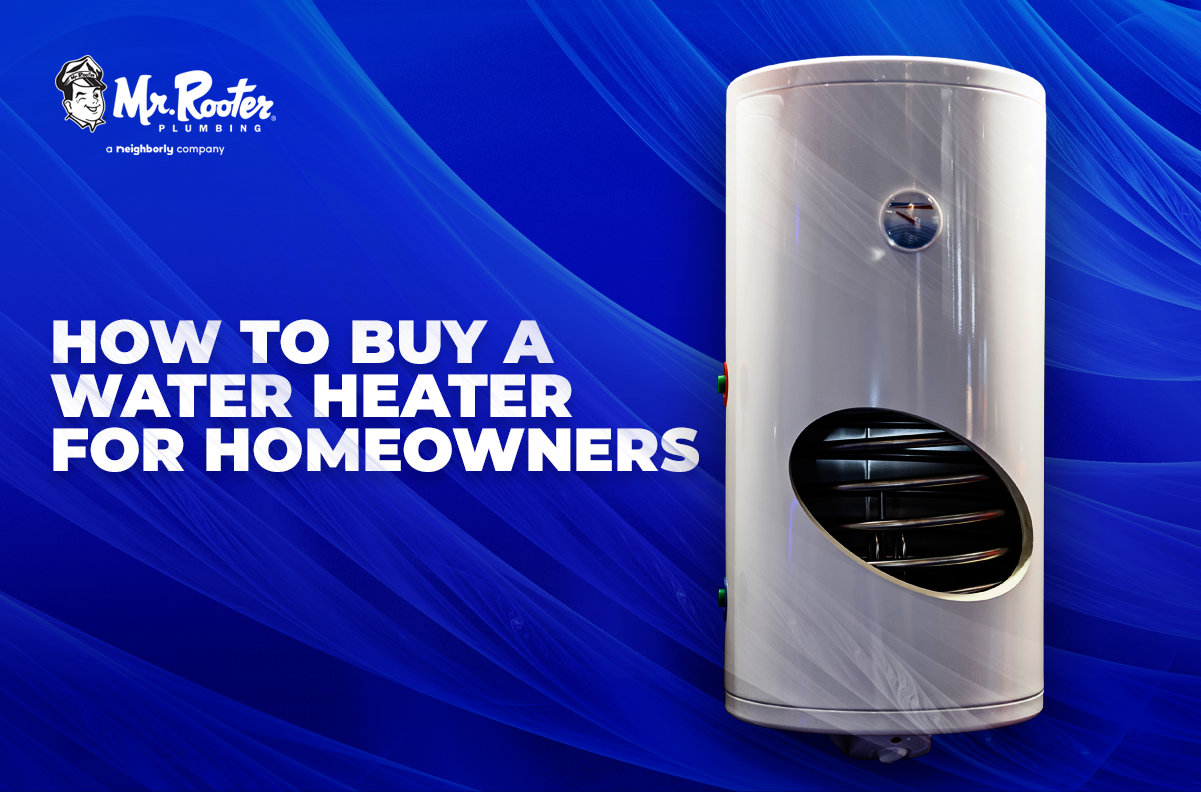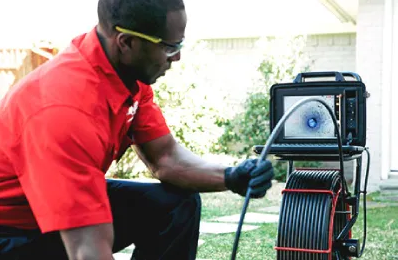Lead pipes have been a standard in plumbing for centuries, appreciated for their durability and ease of installation. However, the dangers they pose to health and the environment have led to a reevaluation of their use. If you’re faced with aging lead waste pipes, you might consider two popular alternatives: Cast Iron and PVC. This guide will help you understand each option’s benefits and drawbacks, guiding you toward making the best choice for your property.
Why Replace Lead Pipes?
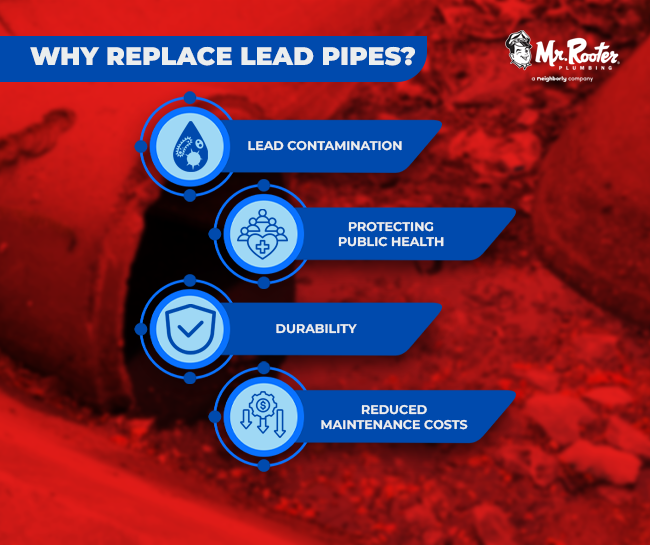
Replacing lead waste pipes is crucial for health, safety, and maintenance reasons. Here’s why it’s important to update these old plumbing elements:
- Lead Contamination: Lead pipes can leach toxic metal into wastewater, which might contaminate water systems during processing, posing risks even beyond the immediate household or property.
- Protecting Public Health: By removing a primary source of lead exposure, replacing lead pipes helps safeguard public health, especially in communities with older plumbing systems.
- Durability: Modern materials like PVC and cast iron are designed to withstand a variety of environmental stresses, reducing the likelihood of damage and extending the lifespan of the plumbing system.
- Reduced Maintenance Costs: With a reduced risk of corrosion and fewer leaks, newer piping materials cut down on the need for frequent repairs and replacements, offering a better return on investment.
Upgrading from lead pipes not only aligns with current health and safety regulations but also provides a more sustainable and cost-effective solution for modern plumbing needs.
Comparing Replacement Options
Cast Iron Pipes
| Pros | Cons |
| Extremely durable and sturdy, with a lifespan of up to 100 years. | High cost of materials and installation. |
| Excellent sound insulation, reducing noise from wastewater flow. | Prone to corrosion if not properly maintained. |
| Eco-friendly as it is 100% recyclable. | Heavy and difficult to handle during installation. |
Lifespan and Durability
Cast iron is known for its longevity and can typically last between 75 and 100 years if properly maintained. Its durability makes it an excellent option for high-use systems.
Cost
While the initial cost can be high, the long lifespan and low maintenance requirements of cast iron can make it a cost-effective option over time.
PVC Pipes
| Pros | Cons |
| Lightweight and easy to install, cutting down labor costs. | Can be damaged by UV light and high temperatures. |
| Highly resistant to corrosion and chemical damage. | Somewhat less durable than metal options, with a lifespan of about 25-40 years. |
| Less expensive than cast iron and other materials. | Perceived as less eco-friendly due to its plastic nature. |
Lifespan and Durability
PVC pipes typically offer a functional lifespan of 25-40 years, depending on environmental factors and usage patterns.
Cost
PVC is generally the most cost-effective option in terms of initial outlay for materials and installation.
| Material | Pros | Cons | Lifespan | Cost |
| Lead | Durable, flexible | Toxic, regulatory issues | 100+ years | Varies |
| Cast Iron | Durable, recyclable, low noise | Heavy, can corrode, expensive | 75-100 years | High |
| PVC | Cheap, easy install, corrosion-resistant | Less durable, UV sensitive | 25-40 years | Low |
How to Decide the Right Option for Your Property

Choosing the right material for replacing your lead waste pipes involves considering several factors unique to your property and situation. This decision can significantly impact both safety and financial aspects of your property management.
Here are the key considerations to help you make an informed choice:
- Assess Your Property’s Needs: Consider the age of your building, the condition of existing pipes, and specific environmental conditions that may affect different materials.
- Cost Considerations: Evaluate both the initial investment and long-term savings offered by different pipe materials. Cast iron is more expensive upfront but lasts longer, while PVC is less costly and easier to install but may not last as long.
- Local Regulations and Standards: Check local building codes and environmental regulations to ensure that your choice complies with all legal requirements.
- Consult with Professionals: Speak with a professional plumber or contractor who can provide detailed insights and recommendations based on an assessment of your property. They can offer guidance on the best material for your needs and help with proper installation.
💡 By taking these steps, you can choose the best piping material that ensures safety, compliance, and cost-effectiveness for your property.
Replacing old lead pipes is not just a regulatory compliance issue but a crucial health decision. Whether you opt for the robustness of cast iron or the cost-effectiveness of PVC, taking action now can save you from potential health risks and financial liabilities in the future. Don’t hesitate to consult a professional to discuss your plumbing needs.

